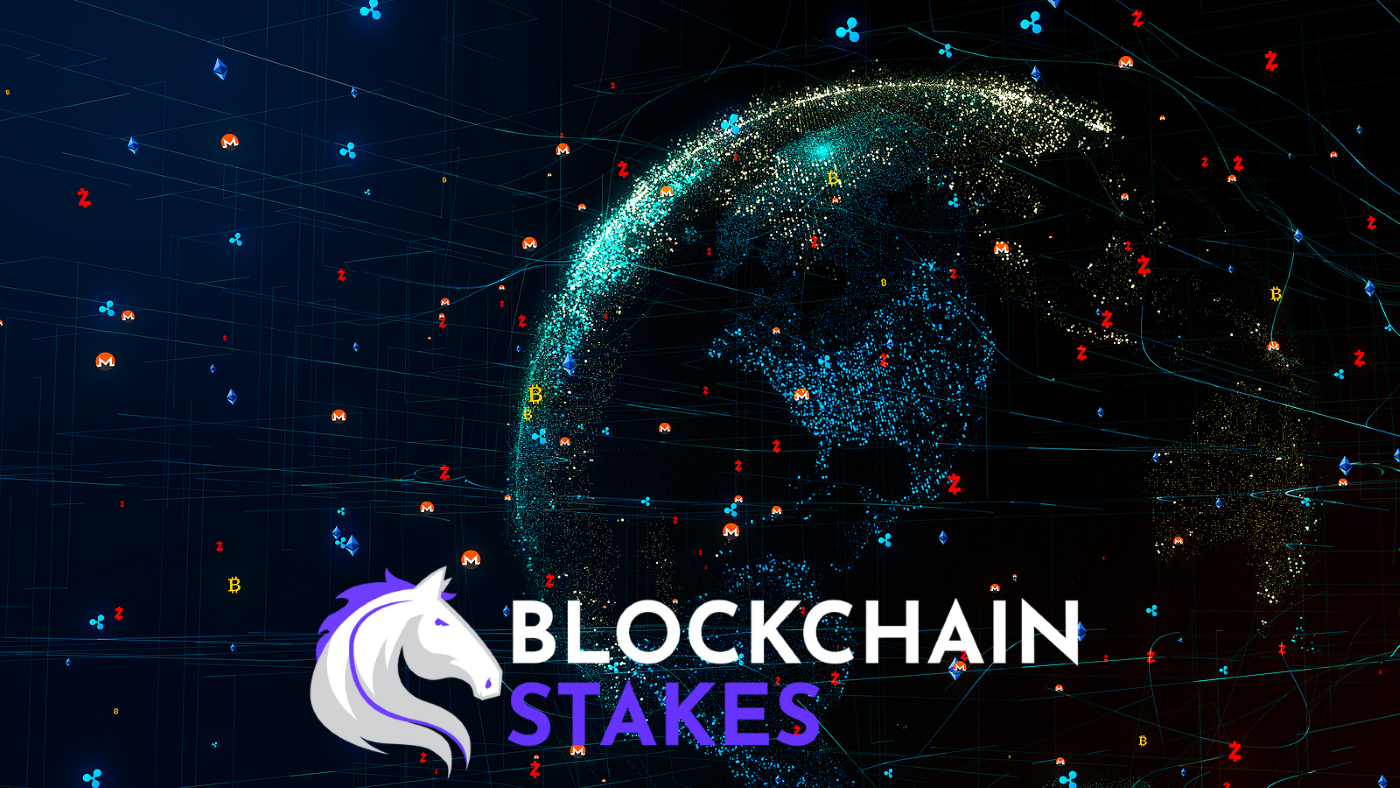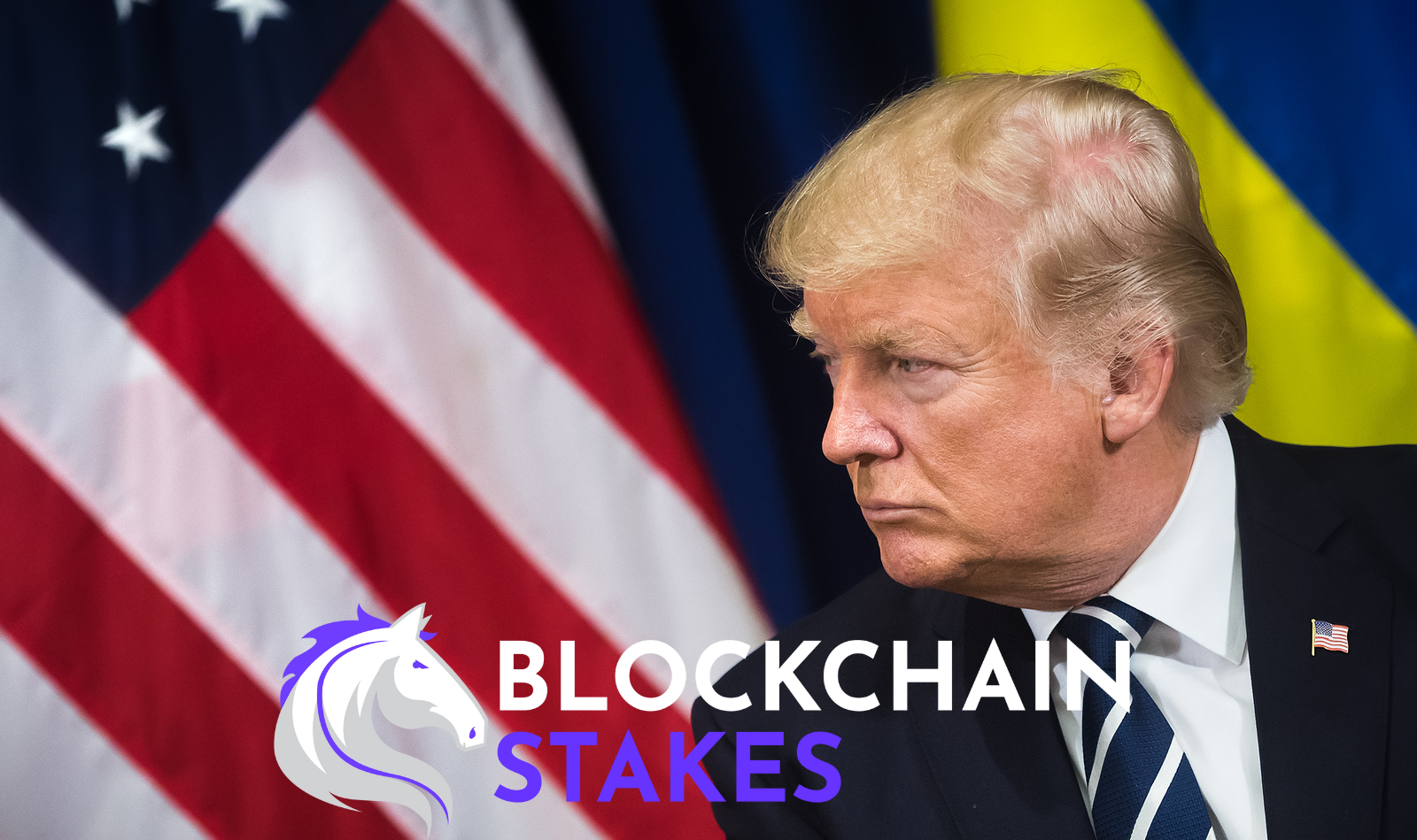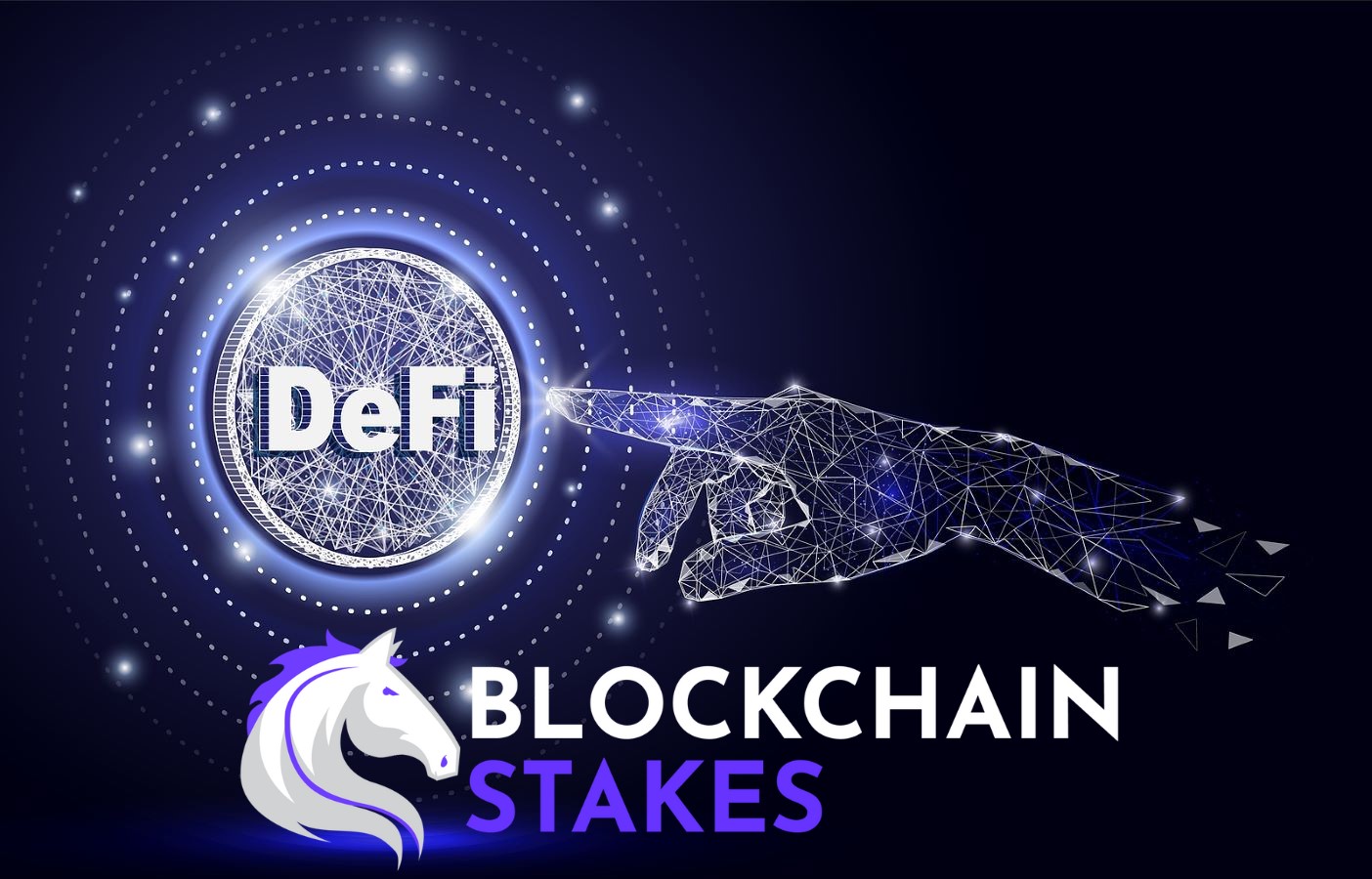The intersection of blockchain technology and science has paved the way for a revolutionary movement called Decentralized Science (DeSci). This blockchain-powered initiative seeks to address the limitations of traditional scientific research and create a more open, transparent, and collaborative ecosystem for knowledge and innovation. In this post, we’ll explore the intricacies of DeSci, its applications, challenges, and its potential to reshape the future of science.
Understanding Decentralized Science (DeSci)
What is DeSci?
Decentralized Science (DeSci) leverages blockchain technology to revolutionize how scientific research is conducted, funded, and shared. It replaces centralized control with decentralized models, enabling a transparent, equitable, and efficient system for scientific discovery. Central to DeSci’s ethos is breaking down barriers that hinder innovation, such as restrictive funding, data hoarding, and opaque peer review processes.
Key Pillars of DeSci
DeSci rests on several foundational principles:
- Secure Data Storage: Blockchain ensures that scientific data is immutable and tamper-resistant. Researchers can store datasets, findings, and methodologies on decentralized ledgers, safeguarding their integrity and preventing unauthorized alterations.
- Decentralized Decision-Making: Through Decentralized Autonomous Organizations (DAOs), DeSci promotes collective governance. This enables transparent decision-making for research funding, project prioritization, and resource allocation.
- Incentivization Mechanisms: Researchers are rewarded for their contributions using tokens and IP-NFTs (Intellectual Property Non-Fungible Tokens). These tools also facilitate intellectual property management, allowing scientists to monetize and share their work without relinquishing ownership.
- Open Access: DeSci prioritizes free access to research data, methodologies, and outcomes. This openness fosters collaboration, speeds up discovery, and democratizes scientific knowledge.
- Collaborative Funding Models: DeSci connects researchers with a global pool of funders, creating a decentralized system that overcomes traditional funding limitations. Crowdfunding and tokenized incentives empower communities and individuals to support innovative projects.
The Problems DeSci Aims to Solve
The traditional scientific ecosystem is fraught with challenges that stifle progress. DeSci addresses these issues by providing innovative solutions:
- The “Valley of Death” in Research Funding
Many promising ideas fail to progress beyond the conceptual stage due to insufficient funding. DeSci bridges this gap by offering decentralized funding mechanisms that connect researchers directly with stakeholders willing to invest. - Bias in Funding Non-Traditional Research
Conventional funding bodies often overlook unconventional or high-risk research. DeSci democratizes funding, enabling groundbreaking but unconventional ideas to find support through tokenized crowdfunding and DAOs. - Data Security and Integrity Concerns
Centralized systems are vulnerable to data breaches and tampering. Blockchain’s immutability ensures the integrity and security of research data, creating trust within the scientific community. - Inefficiencies in Peer Review Processes
Peer review in traditional science is often opaque, slow, and influenced by biases. DeSci proposes a transparent, blockchain-based peer review system where reviewers are compensated with tokens, ensuring accountability and efficiency.
How DeSci Works: Exploring Its Core Technologies
Blockchain as the Backbone
Blockchain technology underpins DeSci by offering a decentralized and secure platform for storing data, managing intellectual property, and facilitating transactions. Each research activity, from data collection to publication, is recorded on the blockchain, ensuring transparency and accountability.
Decentralized Autonomous Organizations (DAOs)
DAOs play a pivotal role in DeSci, serving as the governance framework for decentralized scientific projects. Using token-based voting systems, DAOs enable stakeholders to make collective decisions about funding allocations, project goals, and operational priorities.
Tokenization and IP-NFTs
Tokens and IP-NFTs form the economic backbone of DeSci. Tokens incentivize participation and collaboration, while IP-NFTs allow researchers to tokenize their intellectual property. This enables scientists to secure ownership of their work while openly sharing it for further development.
Smart Contracts for Collaboration
Smart contracts automate and enforce agreements between researchers, funders, and institutions. For example, a smart contract can ensure that a researcher receives funding only after predefined milestones are met, fostering accountability and trust.
Notable Projects in the DeSci Ecosystem
The growing DeSci ecosystem is teeming with innovative projects. Here are some leading examples:
- Data Lake
This project connects patients willing to donate medical data with researchers while ensuring data privacy and ownership. It leverages blockchain to securely manage and share sensitive health information. - Aimedis
Aimedis empowers patients to manage their medical records and facilitates data sharing among healthcare providers. It combines blockchain and AI to improve healthcare delivery. - OriginTrail
OriginTrail applies blockchain to supply chain management, ensuring transparency and security. While its focus extends beyond science, its applications in tracking scientific materials are transformative.
These projects highlight the versatility of DeSci in addressing real-world problems, from healthcare to supply chain transparency.
The Role of Tokens in DeSci
Tokens serve multiple functions in the DeSci ecosystem, driving collaboration, innovation, and sustainability:
- Incentivization
Tokens reward researchers for their contributions, aligning individual goals with the collective mission of advancing science. This incentivizes active participation and long-term engagement. - Peer Review Compensation
DeSci tokens compensate reviewers for their work, fostering a more efficient and transparent peer review process. This tokenized model ensures that reviewers are fairly rewarded for their efforts. - Representation of Intellectual Property
IP-NFTs allow researchers to tokenize their work, including papers, datasets, and patents. This not only ensures ownership but also creates marketplaces for trading or licensing intellectual property. - Funding Allocation
Tokens enable DAOs to democratically propose, vote on, and allocate resources to scientific projects. This decentralized approach ensures that funding is directed toward projects with broad community support. - Access Control
Tokens can grant researchers access to specific datasets or tools within DeSci projects, fostering collaboration while maintaining control over sensitive resources. - Marketplace Facilitation
DeSci’s tokenized marketplaces allow researchers to trade or license scientific assets, creating new revenue streams and fostering global collaboration.
Challenges Facing DeSci
Despite its potential, DeSci faces several hurdles that must be addressed for widespread adoption:
- Data Security and Integrity
While blockchain is secure, bad actors may still attempt to tamper with data or exploit vulnerabilities in decentralized systems. Robust security measures are essential to protect sensitive research information. - Governance Complexity
Reaching consensus within DAOs can be challenging, especially when managing competing interests. Designing efficient governance structures is critical for smooth operations. - Scalability Issues
The high transaction volumes and data demands of large-scale research projects can overwhelm blockchain networks. Scalability solutions, such as layer-2 technologies, are needed to support DeSci’s growth. - Legal and Regulatory Uncertainty
The legal framework surrounding data ownership and intellectual property rights in decentralized systems is still evolving. Clear regulations are necessary to foster trust and adoption. - Digital Divide
Ensuring equitable access to DeSci tools and resources for researchers from diverse backgrounds is crucial for inclusivity. Bridging this gap requires targeted outreach and resource allocation. - Resistance from Traditional Institutions
The entrenched practices of traditional scientific institutions may resist DeSci’s disruptive models. Advocacy and education are vital to overcoming this resistance.
DeSci as a Popular Crypto Narrative
The crypto community has embraced DeSci as a trending narrative, thanks to several factors:
- High-Profile Endorsements
Figures like Ethereum co-founder Vitalik Buterin and former Binance CEO Changpeng Zhao (CZ) have voiced support for DeSci, boosting its credibility. - Market Performance
DeSci tokens have shown impressive market gains, with the sector achieving significant milestones, such as a $1.3 billion market cap in 2024. - Novel Investment Opportunities
DeSci tokens offer investors the chance to support early-stage biotech and scientific research projects, appealing to those seeking innovative investments. - Meme-Like Potential
Some DeSci tokens have experienced rapid price increases akin to meme coins, attracting speculative interest from traders.
Conclusion: The Future of Science Meets Blockchain
Decentralized Science represents a paradigm shift in how research is conducted, funded, and shared. By harnessing the power of blockchain technology, DeSci addresses critical challenges in traditional science and fosters a more inclusive, transparent, and efficient ecosystem.
While challenges remain, the momentum behind DeSci is undeniable. With over 150 active projects and significant funding already in play, the movement is poised to redefine the boundaries of scientific discovery. As the lines between blockchain and science continue to blur, the future of knowledge creation and dissemination looks brighter than ever.

















